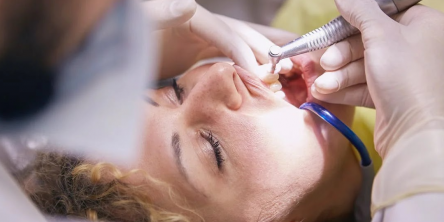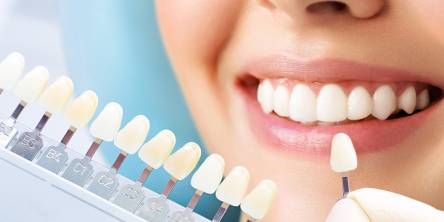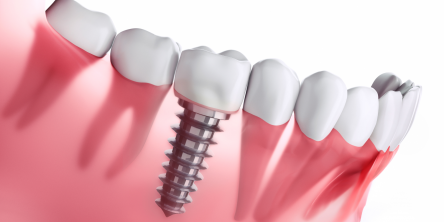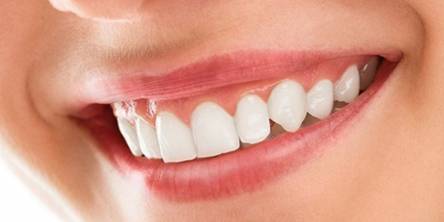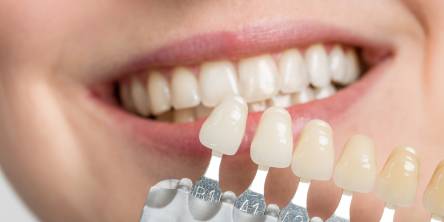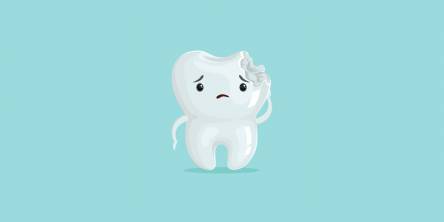Can Adults Benefit From Dental Sealants?
Dentists successfully use dental sealants to prevent patients' teeth from serious deterioration in many cases. This inexpensive prophylactic medication is usually recommended for younger children, but it can also benefit adults. Several dentists recommend sealants for adults with healthy teeth who are approaching middle and senior age. While a wide range of people may be ideal candidates for this operation, understanding the intended use and acceptable settings is critical for a successful outcome.
Potential Сandidates For This Procedure
Dental sealants, according to the American Dental Association, can reduce tooth decay by up to 80%. Sealants are suitable for people of all ages due to their simple application technique and general durability. As long as a person meets the standards, a dentist may propose this therapy to protect their teeth. If you are interested, just search “dental sealants near me” and discover if you qualify for them.
Children
Cavities become a greater issue as a child's permanent teeth begin to emerge. Children are less likely to practice proper dental hygiene and are more prone to ingest sugary meals and beverages, which can lead to tooth decay. Because of the deep grooves that can trap and contain bacteria, molars are especially prone to cavities. As a result, many dentists recommend sealing children's molars whenever they appear above the gum line, around the age of six, and again around the age of twelve.
Adults
The dangers of tooth decay can be reduced once a person learns excellent oral hygiene habits and knows the health advantages of a nutritious diet. A dentist may recommend sealants to an adult patient for a variety of reasons. Individual tooth shapes and structures may be especially vulnerable to decay. Furthermore, saliva production decreases with age and might be increased by some drugs. Adequate saliva production is critical in the battle against bacteria and disease in the mouth. In such cases, sealants can help safeguard healthy teeth.
What Is the Procedure for Getting Your Teeth Sealed?
This treatment is straightforward to implement and maintain. It is crucial to note, however, that sealants are not indicated for implants or teeth with the following issues:
- Existing deterioration;
- Fillings;
- Crowns;
- Bridges.
Most doctors advise only using this method on healthy, natural teeth.
Function and Application
First, a dentist cleans the tooth completely and applies an acidic gel to establish a suitable base for the sealant to cling to. After preparing the teeth, a thin coating of composite plastic material is put and contoured over the area. Finally, the sealant is hardened and fixed in place using a blue dental curing light. The entire procedure is non-invasive and painless.
The artificial surface prevents food particles, liquids, and microorganisms from entering the tooth's deep crevices. As a result, decay is less likely to occur, allowing the patient to retain proper dental health. While some individuals may not require this basic covering, others may benefit from the increased protection.
Should You Take Extra Precautions With the Sealants?
You will be able to eat, drink, and brush your teeth normally immediately after obtaining dental sealants. There is no need for specific treatment. However, you should continue to practice good oral hygiene by brushing your teeth twice a day and flossing once a day. Remember that dental sealants offer additional protection but do not make you immune to tooth decay.
Furthermore, dental sealants endure about 10 years, so you will need to have them updated after that period.
Aside from good oral hygiene and dental sealants, you should restrict your sugar intake to avoid tooth decay because sugars tend to remain on the surface of your teeth and are eaten by harmful bacteria.
The bottom line
Although dental sealants are more common in school-aged children, persons of all ages can benefit from this form of preventative therapy. A dentist can advise a patient on whether this procedure should be included in their treatment plan.
Similar Articles
Most individuals have heard the term "dental crown" before. However, few people understand crown lengthening or why it is necessary. Dental crown lengthening is frequently an essential step in preparing your teeth for a dental crown.
Pregnancy is undoubtedly an exciting period in one's life. All expectant mothers will agree that as they find out they're expecting, they instantly begin to question if any things were previously safe but are no longer because of the baby. This is particularly true for dental operations.
Cosmetic dentistry has grown in popularity recently, allowing people to improve their smiles and confidence. Despite its rising popularity, cosmetic dentistry has become saturated with myths and misconceptions. This article will debunk the top seven myths, shedding light on the reality behind these common misconceptions.
When you lose an adult tooth, it is critical for your dental health that you replace it. If you don't, you risk teeth moving, increased oral instability, and tooth loss. It could harm the underlying bone. An endosteal implant, often known as a dental implant, is one option for restoring missing teeth.
A smile makeover is a process that improves the appearance of the smile by combining various cosmetic dental procedures, such as braces or Invisalign to correct misaligned teeth, teeth whitening to brighten up discolored teeth, and a dental crown or porcelain veneers to cover unsightly flaws like chips or discolored spots.
Dental veneers are one of the most expedient ways to achieve the bright, healthy smile of your dreams. Whether you are self-conscious about stained teeth or want to conceal a chipped tooth, veneers can provide a satisfying solution.
When you experience dental pain, you should be aware of whether you require emergency dental care and whether your dental insurance policy covers you. Not all dental disorders necessitate rapid treatment. A toothache, a damaged tooth, or pain from a dental crown are severe dental problems, but they are not always emergencies, so it is best to plan ahead of time.
Tooth decay, commonly known as dental caries or cavities, is a common oral health problem that affects people of all ages. While much has been discovered about the causes and prevention of dental decay, numerous myths still exist
Damon braces have gained popularity in orthodontic treatment because of their innovative design and efficiency in correcting tooth misalignments. While traditional braces have long been the preferred option, Damon braces provide a more comfortable and barely noticeable alternative.

